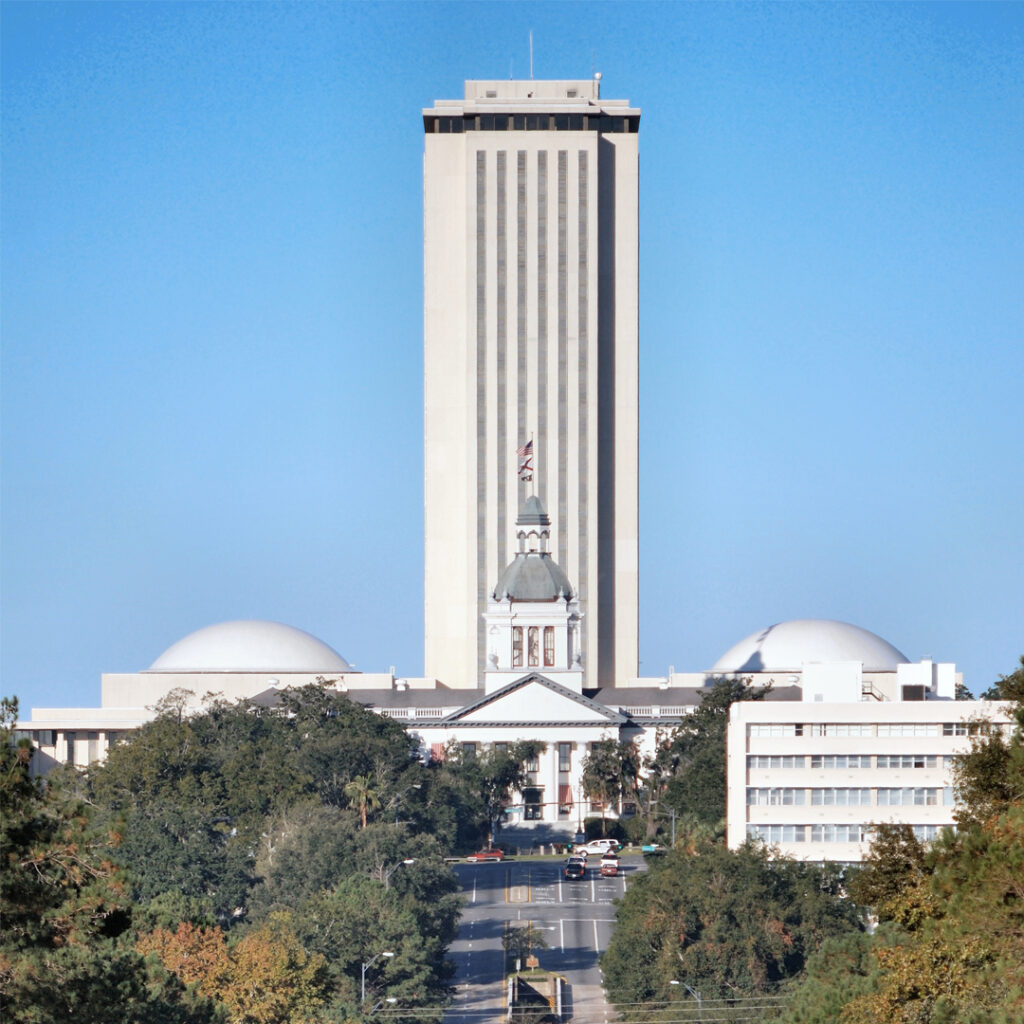Senate, house plan sites for remote public testimony

Originally appeared in The Florida Bar News
COVID-19 precautions will be limiting access to upcoming Florida legislative committee meetings, although the House and Senate have made arrangements that will continue to allow public testimony.
And while some of that testimony may be remote, unless it is by staff or preapproved expert witnesses, testifying will still require a trip to Tallahassee. All meetings will continue to be shown online on The Florida Channel and by House and Senate websites.
House Speaker Chris Sprowls, R-Clearwater, and Senate President Wilton Simpson, R-Spring Hill, have released guidelines for holding pre-session committee meetings in January and February, ahead of the March 2 start of the 2021 session.
The Senate is planning on a full schedule of committee meetings, while the House will cut its number of meetings in half and meet only two days a week instead of four or five.
Meetings are set for the weeks of January 11, January 25, February 1, February 8, and February 15.
According to a memo from Sprowls, only the largest House committee meeting rooms will be used to allow for social distancing among attendees and all rooms will be sanitized between meetings.
“Audience seating in committee rooms will be socially distanced and limited to meetings where committees are discussing bills or potential legislation. The House will use an online registration system for the public (including lobbyists and advocates) wishing to provide substantive testimony and for the press,” the memo said. “Seating will be available on a first-come, first-served basis. There will also be an opportunity for the public to provide written testimony to committee members should they not be able to provide testimony in person. On certain issues of great public significance and when scheduling allows, we will also have expanded seating capacity for on-site virtual testimony….
“When feasible, agency and expert presentations in committee will be carried out by video conference.”
Simpson, in a memo, said the Senate has worked with Florida State University to set up three remote viewing rooms at the Leon County Civic Center, a few blocks west of the Capitol.
The rooms “will provide the opportunity for members of the public to view meetings and virtually address Senate committees in a safe, socially distant manner,” Simpson’s memo said. “Each committee notice published in the Senate calendar will include the room number within the Civic Center where members of the public may gather should they wish to address the committee. As always, additional public comment can be offered in writing and for inclusion in the committee packet.”
The memo went on: “In-person committee viewing will be limited to those invited to present information before the committee as well as members of the media. As determined by the Committee Chair, in advance of each meeting, committee staff will contact those with subject matter expertise (for example, agency staff), who would typically attend a committee meeting within their jurisdiction, to determine whether, based on the specific agenda, they should attend the meeting in person in order to answer questions that may arise.”
Legislators and their staff will be tested before the start of each committee week and are prohibited from going to the Capitol if they have tested positive or are exhibiting symptoms of COVID-19. Legislators are also asked to have virtual meetings instead of in-person meetings.
Visitors are likewise prohibited from the Capitol if they have tested positive, have symptoms, or are in quarantine and must wear masks when in the company of another person. Congregating in public areas or outside meetings rooms is prohibited and those inside meeting rooms must observe social distancing restrictions.
Sprowls and Simpson said the pandemic procedures will be updated before the March 2 start of the session.





